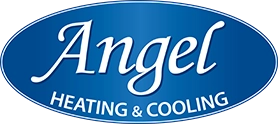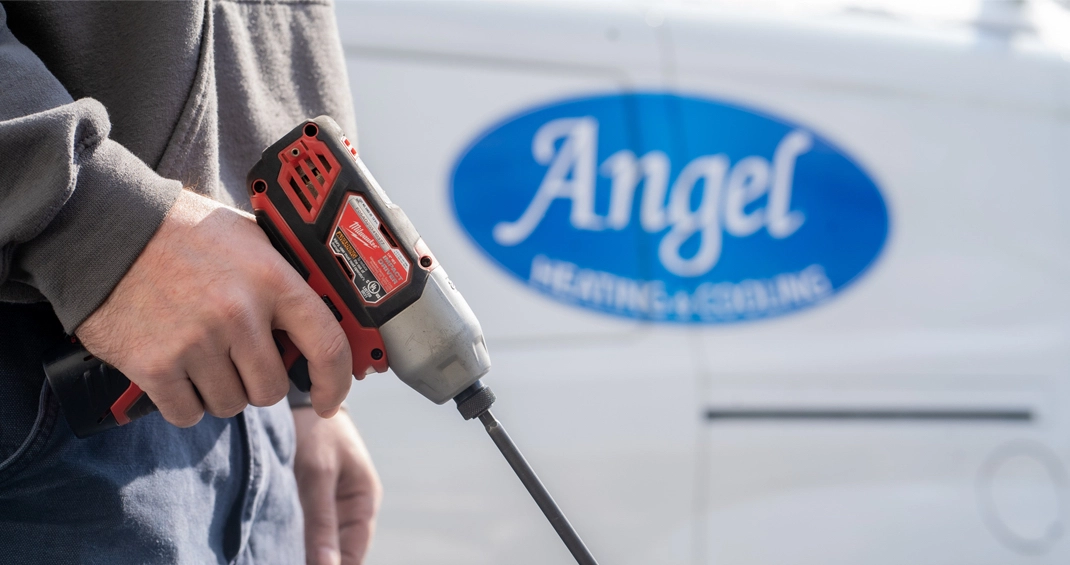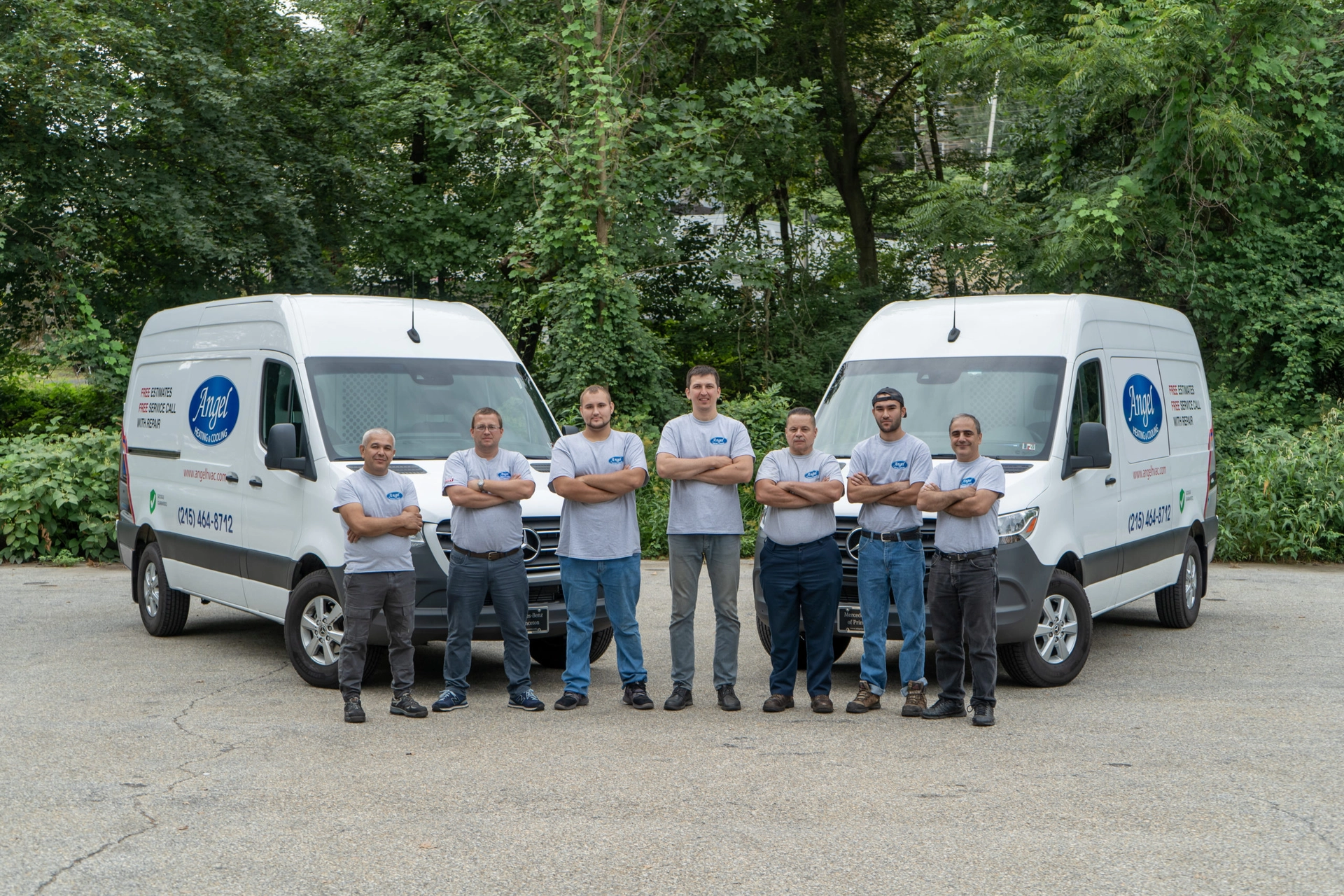The HVAC Contractor Ferndale Leans on for Lasting Solutions
Discover Ferndale’s Quick and Reliable Heating and Cooling Services
Quality and reliability is guaranteed when you choose Angel Heating and Cooling for your HVAC repair and HVAC replacement needs. As the HVAC contractor Ferndale prefers, you can count on us for exceptional long-term results. Whether you’re looking for affordable HVAC services or a new energy-efficient heating system, we have you covered. No matter what the issue may be, we guarantee we have a solution for you.
What Sets Us Apart?
-
Hundreds of Satisfied Customers
-
Over 20 Years of Experience
-
Reliability and Responsiveness
-
Strong Community Presence
Discover the HVAC contractor Ferndale counts on and contact us to schedule an appointment today!
Top-Notch Heating and Cooling Services
Our job is to ensure that you don’t have to deal with the stress and frustration of needing an emergency HVAC repair. At Angel Heating and Cooling, we do it all. From HVAC repair to HVAC installation and HVAC replacement, we will take the time to identify the underlying cause so that we can eliminate it for good.
Signs You Need an HVAC Repair
Weak or No Airflow
Clogged air filters, duct issues, and failing blower motors can all cause poor airflow to come from your HVAC system. Therefore, we recommend contacting our team for more information about our heating and cooling services.
Frequent Cycling
Things like dirty air filters and refrigerant issues can cause short cycling to occur. If you’re dealing with short cycling, it’s time to have your system addressed by an HVAC professional.
Unusual Noises
Loose or broken components can cause unusual noises to come from your unit, which indicate you may be dealing with something like a failing motor or debris buildup inside the system.
High Energy Bills
A malfunctioning thermostat or dirty coils can cause your utility bills to unexpectedly spike, which is why it’s crucial to have your unit assessed for damage.
Benefits of an HVAC Repair
Prevents Sudden Breakdowns
One way to avoid a sudden system malfunction is to address issues before they escalate.
Extends the System’s Lifespan
You want to protect your HVAC system for as long as possible, which is why repairing minor issues before they escalate will help increase your HVAC system’s lifespan.
Restores Comfort in Your Home
When your HVAC system operates properly, you enjoy a comfortable home all year round.
Improves Energy Efficiency
When systems operate properly, they consume much less energy, which is an excellent way to improve your home’s energy-efficiency.
Signs You Need an HVAC Replacement
Rising Energy Bills
Unexpected increases in energy bills with no usage change indicate that your HVAC system is operating inefficiently.
Inconsistent Temperatures Throughout Your Home
Aging or malfunctioning components can cause inconsistent temperatures throughout the home. If you notice that some rooms in your property are too warm and others are too cold, it may be time for a new HVAC installation.
Constant and Expensive Repairs
While the odd repair here and there isn’t a big deal, if your unit requires constant repairs, it’s time to consider an HVAC replacement.
Aging System
It’s crucial to have your HVAC system addressed by an HVAC professional if your unit is reaching the end of its lifespan, as it is inevitable that you will need to replace it.
Benefits of an HVAC Replacement
Consistent Indoor Temperature
After the HVAC installation, your new system will have efficient and reliable temperature regulation, ensuring you have even heating and cooling throughout the entire property.
Better Indoor Air Quality
Since new HVAC systems come equipped with advanced filtration options, they significantly reduce the presence of dust, pollutants, and allergens from the air.
Less Repairs
The likelihood that you will need to repair your HVAC system goes down dramatically when you get a new system.
Reduced Energy Costs
Your new system will consume less energy, which means that once the HVAC installation is finished, you will enjoy much lower energy costs.






